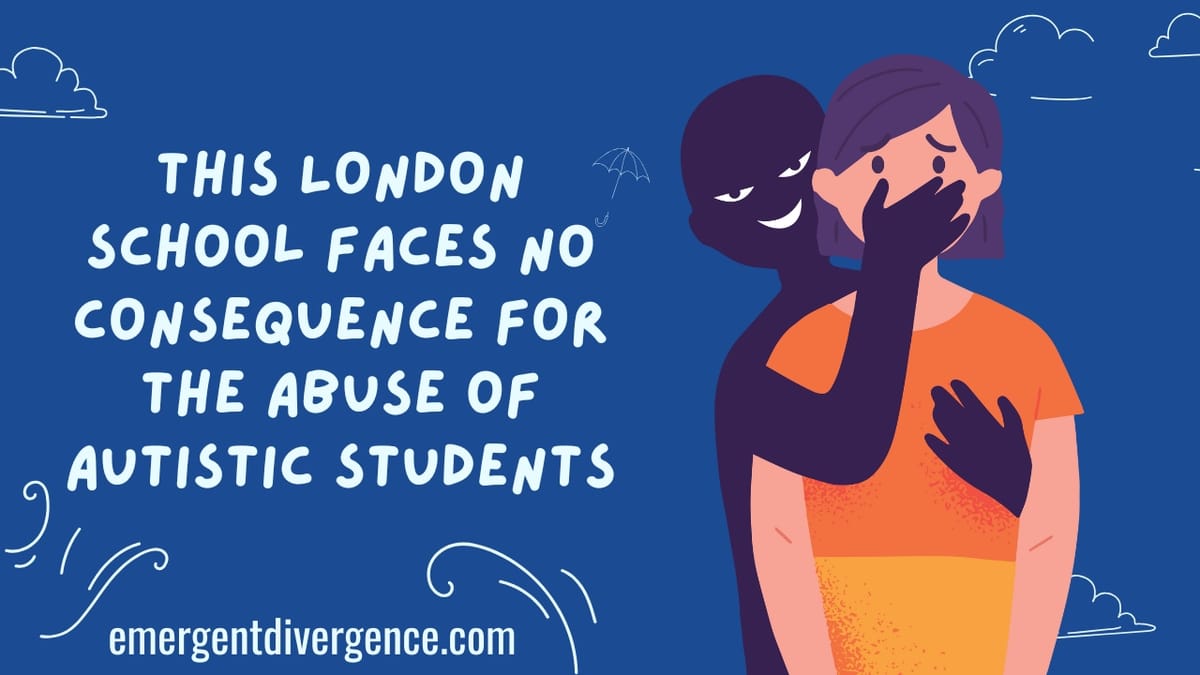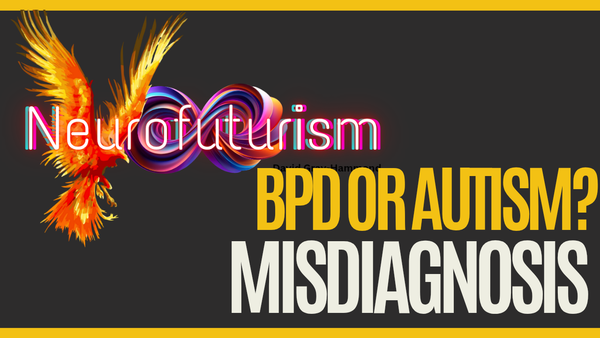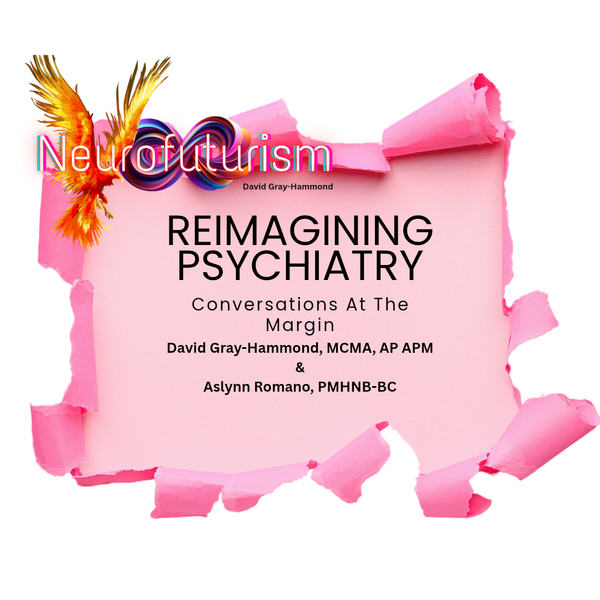Whitefield School Scandal: Autistic Children and Systemic Failures
Whitefield School in North-East London, catering to Autistic students, faced severe allegations of abuse between 2014-2017, including isolation and violence. Despite evidence, no staff were charged, highlighting systemic neglect towards disabled children's safety. This reflects broader societal atti

Whitefield School, North-East London. The name, though somewhat unassuming, does not immediately strike you as a place where horrific dehumanisation and maltreatment that some might interpret as torture would occur. No, in truth it sounds on the surface to be your average London school. This school does have one difference that is visible on the surface; it specifically caters to students who are unable to access mainstream school by virtue of their disability. In particular, they provide education to Autistic children and young people, they have provision to cover every age from 3 years through to Sixth Form. It would seem, however, that from 2014-2017, that provision included the systematic isolation and abuse of students, including both verbal and physical violence. Yet again, Autistic children become the targets of normative violence.
Key Points on the Abuse of Autistic Students at Whitefield
- From 2014-2017, CCTV footage confirms that Autistic and Learning Disabled children were abused in padded seclusion rooms at Whitefield School in North-East London (as reported by BBC).
- Despite new leadership at the school providing the CCTV footage to the police, the Crown Prosecution Service (CPS) decided not to bring charges against the staff involved.
- As of April 2024, none of the staff involved had been referred to the Disclosure and Barring Service, meaning they could continue to work with vulnerable people, and three members of staff still worked at the school.
- Whitefield School was rated "Outstanding" by Ofsted (the regulatory body in charge of UK schools) until 2017, when they discovered that windowless padded cells were being used to confine children for several hours without food or water.
- While the curriculum information on their website does not explicitly mention Positive Behaviour Support (PBS), a brief search does reveal a PDF letter advertising a course on the subject for parent carers, suggesting that this case of abuse is yet another with ties to behaviourist methods.
"We place the safety and wellbeing of our pupils at the heart of everything we do. Working closely with parents, the local authority, and other agencies, we seek to safeguard our pupils at all times and ensure any concerns are dealt with quickly and effectively."
Safeguarding, Whitefield School Website (Accessed November, 2024)
How Relevant is the Whitefield School Abuse Case to Autistic People?
Meta-analysis has revealed that 44% of Autistic people experience victimisation of some kind, with 84% of that group experiencing multiple forms of victimisation over their lifespan (Trundle et al., 2023). This forms part of a larger issue wherein disabled people are at a significantly increased risk of violence and abuse with more than half of disabled men experiencing physical violence from a person who was not their partner over the course of their lifetime (Malihi et al., 2021). We can also consider the wider systemic violence that Autistic people experience, particularly when we consider that services meant to protect our most vulnerable in the UK are ineffective at best.
To consider this in more basic terms; violence and abuse are a common feature of many Autistic lives, and that violence can take a wide array of forms. Despite this, research into school-based violence and student victimisation by teachers is limited, with much of the available literature looking more at illicit relations and sexual abuse rather than the broader issue of violence against disabled students. It is not lost on me that disabled children, are twice as likely to experience violence, moreso when economically disadvantaged (Fang et al., 2022), something that is relevant to both Autistic families as well as many residing within the London area.
The Whitefield case is relevant because it is yet another example of the systematic dehumanisation and mistreatment of Autistic children and young people. The irony is not lost on me that the perpetrators will likely reference the challenging behaviour of students as if it justifies the torment and violent oppression of those who can not conform to their normative world view. I find this story relevant to me as an Autistic person because it is a clear presentation of the cult of normality, delivered in a way that makes it clear that those with privilege want us to be ashamed of ourselves rather than empowered to succeed. Those who can not be assimilated will be eliminated.
What Does The Whitefield Abuse Case Tell us About Attitudes Towards Autistic Children?
The key take away point to from my perspective is not just that these children were abused and secluded. CPS also decided not to bring charges against those who perpetrated the abuse against them. It is important to note that there are two stages to the CPS decision process with regards to bringing charges against a person-
- The Evidential Stage where CPS decide if the available evidence creates a case that is more likely than not to result in a conviction.
- The Public Interest Stage Where CPS must decide if bringing charges against an individual is in the best interests of the public.
This means, in my opinion, that this process failed on one or both parts. There is clear video footage of staff assaulting students and locking them in seclusion cells. This would seem to be quite strong evidence that would be difficult to dispute. It leads me to believe that this case failed in the public interest stage. This comes across to me as an implicit acknowledgement that abuse of disabled children is not a matter of public concern. Their is clear evidence of the abuse happening, meaning that the need to protect other Autistic and disabled children was not taken to be a matter of public safety.
This speaks to the wider attitudes of mainstream society that position Autistic people as aberrant burdens on society rather that human beings who are worthy of support and equal access to the world. Why protect other Autistic people if society considers us disposable in the first place? Research suggests that many see environments as being too accommodating of Autistic needs (Spoor et al., 2021) despite those accommodations being necessary if we are to fulfil the human rights of Autistic people. The broad lesson from incidents such as this are that Autistic people should either exist quietly, or not at all, and if we do anything else, then our mistreatment is justified.
What is the Impact of Abuse on Autistic People?
My own experience of school-based abuse stands out when I consider the impact this must have had on these Autistic children and young people. From as young as 7 years old, I was made to feel as though the interpersonal abuse and vicitimisation I experienced was my own fault for being different. The most disturbing part of my own abuse was that in the education system, my teachers were by far the biggest perpetrators, and seemed to take a twisted delight in telling my mother that "of course they bully him, he's different from the other boys".
My own abuse went further than that. I can remember one teacher at my secondary school locking me in a room and screaming at me until I promised to say that the complaint my mother had made against the school was a lie. I felt isolated and threatened by adults whom my mother had entrusted my wellbeing to for eight hours a day. While some may assume my difficulty engaging with my secondary education was a function of being Autistic, in truth it was because I was terrified of my teachers. Grown adults who took delight in my misery.
If these students responded to their own abuse in the same way that I did, I worry for what the future may hold for them. This kind of abuse makes you despise yourself. It makes you punish yourself for who you are. You stop trying to accommodate your own needs for fear of upsetting or inconveniencing those with greater privilege than you. These impacts reach further than the immediate victims. Entire families are taught that the world is a cruel and unjust place. What Autistic people gain from this kind of treatment is a fear of authority and distrust of anyone they are told is a safe person. By harming one of us, they teach all of us that we are not viewed to have equal humanity in this world.
Final Thought on The Abuse At Whitefield School
This story is not an isolated incident. The International Coalition Against Restraint and Seclusion (ICARS) has written reports highlighting the misuse of restraint and seclusion in English schools. I have personally commented on one of those reports, a video about the report can be viewed below.
The fact that the perpetrators of this abuse face not meaningful consequence shows the attitudes of those in power and their implicit bias that Autistic people are an inconvenience to their own existence, rather than valid human beings with their own thoughts, feelings, and desires. Until such time that all of those who believe this kind of abuse is acceptable are brought to justice, Autistic people will continue to exist in a space where we can never feel entirely safe. Our children deserve better, and so do we.
Buy Tickets To David's Webinar
Scroll down for more ticket prices.
References
Fang, Z., Cerna-Turoff, I., Zhang, C., Lu, M., Lachman, J. M., & Barlow, J. (2022). Global estimates of violence against children with disabilities: an updated systematic review and meta-analysis. The Lancet Child & Adolescent Health, 6(5), 313-323.
Malihi, Z. A., Fanslow, J. L., Hashemi, L., Gulliver, P. J., & McIntosh, T. K. (2021). Prevalence of nonpartner physical and sexual violence against people with disabilities. American journal of preventive medicine, 61(3), 329-337.
Spoor, J. R., Bury, S. M., & Hedley, D. (2021). Non-autistic employees’ perspectives on the implementation of an autism employment programme. Autism, 25(8), 2177-2188.
Trundle, G., Jones, K. A., Ropar, D., & Egan, V. (2023). Prevalence of victimisation in autistic individuals: A systematic review and meta-analysis. Trauma, Violence, & Abuse, 24(4), 2282-2296.


